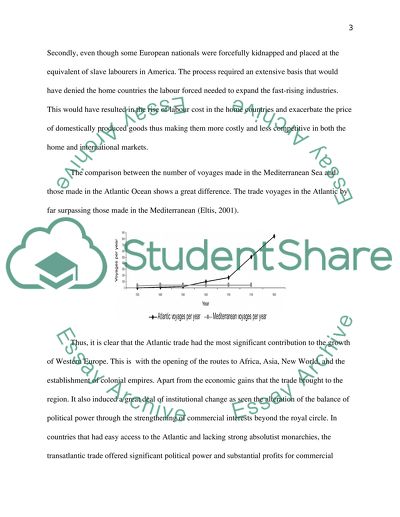Cite this document
(“Assess the significance of the Atlantic slave trade for the rise of Essay”, n.d.)
Retrieved from https://studentshare.org/macro-microeconomics/1684031-assess-the-significance-of-the-atlantic-slave-trade-for-the-rise-of-europe
Retrieved from https://studentshare.org/macro-microeconomics/1684031-assess-the-significance-of-the-atlantic-slave-trade-for-the-rise-of-europe
(Assess the Significance of the Atlantic Slave Trade for the Rise of Essay)
https://studentshare.org/macro-microeconomics/1684031-assess-the-significance-of-the-atlantic-slave-trade-for-the-rise-of-europe.
https://studentshare.org/macro-microeconomics/1684031-assess-the-significance-of-the-atlantic-slave-trade-for-the-rise-of-europe.
“Assess the Significance of the Atlantic Slave Trade for the Rise of Essay”, n.d. https://studentshare.org/macro-microeconomics/1684031-assess-the-significance-of-the-atlantic-slave-trade-for-the-rise-of-europe.


